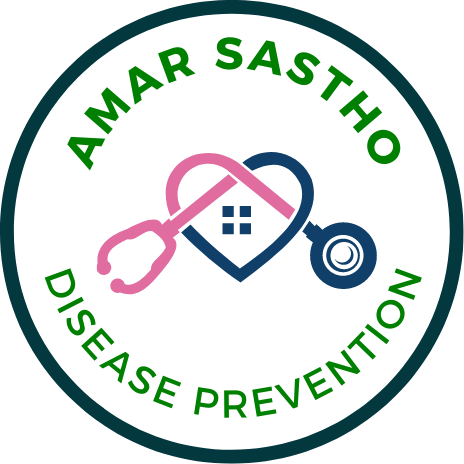Colon cancer is one of the most common type of gastrointestinal cancer. It is a disease process of multifactorial which malignant (cancer) cells form in the tissues of the colon and inflammatory conditions of the digestive tract.
Colon cancer is when large cells undergo a specific process of cell division and cells grow at abnormal rates. Most colon cancers are the result of abnormal growth of adenomatous polyps. First, the polyp is formed in the small cell body of the epidermis. Gradually, the cancer develops from the polyp and then invades the healthy tissue, spreading inside the body.
- Risk of developing colon cancer make effects of Health.
- Blood in the seat or a variation in bowel habits to Signs of colon Cancer.
- Experiments that observe the colon and rectum are used to discover and detect colon cancer.
- The large intestine actions primarily as a storage capacity for waste; however, additional water, salts, and some vitamins are further removed.
Here are the stages of Colon cancer:
Stage 1. The cancer has penetrated the lining, or mucosa, of the colon or rectum but hasn’t spread to the organ walls.
Stage 2. The cancer has spread to the walls of the colon or rectum but hasn’t affected the lymph nodes or nearby tissues yet.
Stage 3. The cancer has moved to the lymph nodes but not to other parts of the body yet. Usually, one to three lymph nodes are involved at this stage.
Stage 4. The cancer has spread to other distant organs, such as the liver or lungs.

